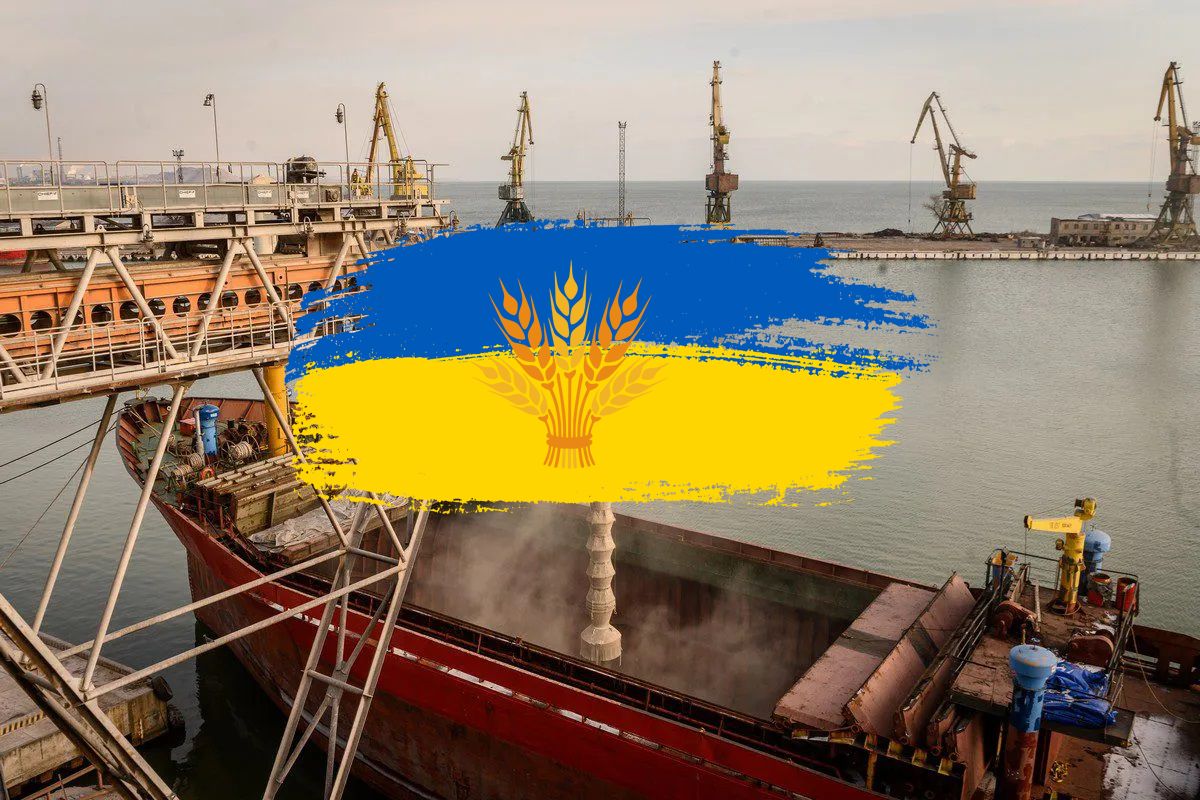The agreement that guarantees the safe export of Ukrainian wheat by ship across the Black Sea is being challenged by Russia for the third time.
Russia’s war in Ukraine, a country known as the world’s breadbasket for its vast grain production, sent the global markets into a panic.
Following the invasion in February last year, grain prices soared worldwide. In many countries in Africa, which rely on grain imported from Ukraine, there was talk of a food crisis.
Today, even though the price has stabilised, it still remains comparatively high at around €250-300 per tonne. A heavy price to pay for countries that depend on imports for their food security.
“If you are Algeria and Nigeria, you have the oil windfall that allows you to buy this wheat at a slightly higher price. But countries like Tunisia, Mali, or Sudan, to take countries that are particularly unstable today, have difficulties paying more for this wheat on the international market,” he said.
In Cote d’Ivoire, residents in the commercial capital are suffering, as local resident, Clement Aka, explains:
“There are several food items where prices have gone up. All of this, frankly, is a bit complicated for African countries.”
The situation has improved since the implementation last July of a joined United Nations-Turkey initiative to guarantee safe passage for Ukrainian wheat ships through the Black Sea.
But this relative balance hangs by a thread. The transit has already been called into question twice, in November and March. And not without consequences on the price of wheat.
“Each time there is a discussion about whether the agreement is going to be renewed or not, prices become politic volatile again, volatility is bad for consumers. Above all, in poor countries and poor households,” says Marion Jansen, Director of the Trade and Agriculture Directorate at the Organisation for Economic Co-operation and Development (OECD).
And now, Russia is using the agreement as a way to pressure the West into lifting its economic sanctions. Moscow says it will not sign the agreement if its demands are not met by 18 May.
“The package deal was extended to 18 May in order to encourage the UN and resolve five systematic problems blocking domestic agricultural exports. Russian exports,” says Russia’s ambassador to the United Nations. Gennady Gatilov.
Ukraine’s grain is not only transported by ship. The European Union has opened its roads, rails, and ports to Ukraine’s wheat, and over the past year, some 30 million tonnes of grain have left Ukraine by land.
“It is a real security for Ukraine, and also a security for a certain number of buyer countries in the world that volumes can pass through Europe,” says Abis.
But this has caused some tension with Eastern European farmers, who complain that it has created a glut of grain in their market.
While Russia and Ukraine play a major role in the grain market, they are not alone. Importing countries can also count on China, the United States, Canada, or India.
“If there’s something positive that we have seen in this crisis, it’s that those other producers can buffer off a lot of what happens in individual countries,” says Jansen.




